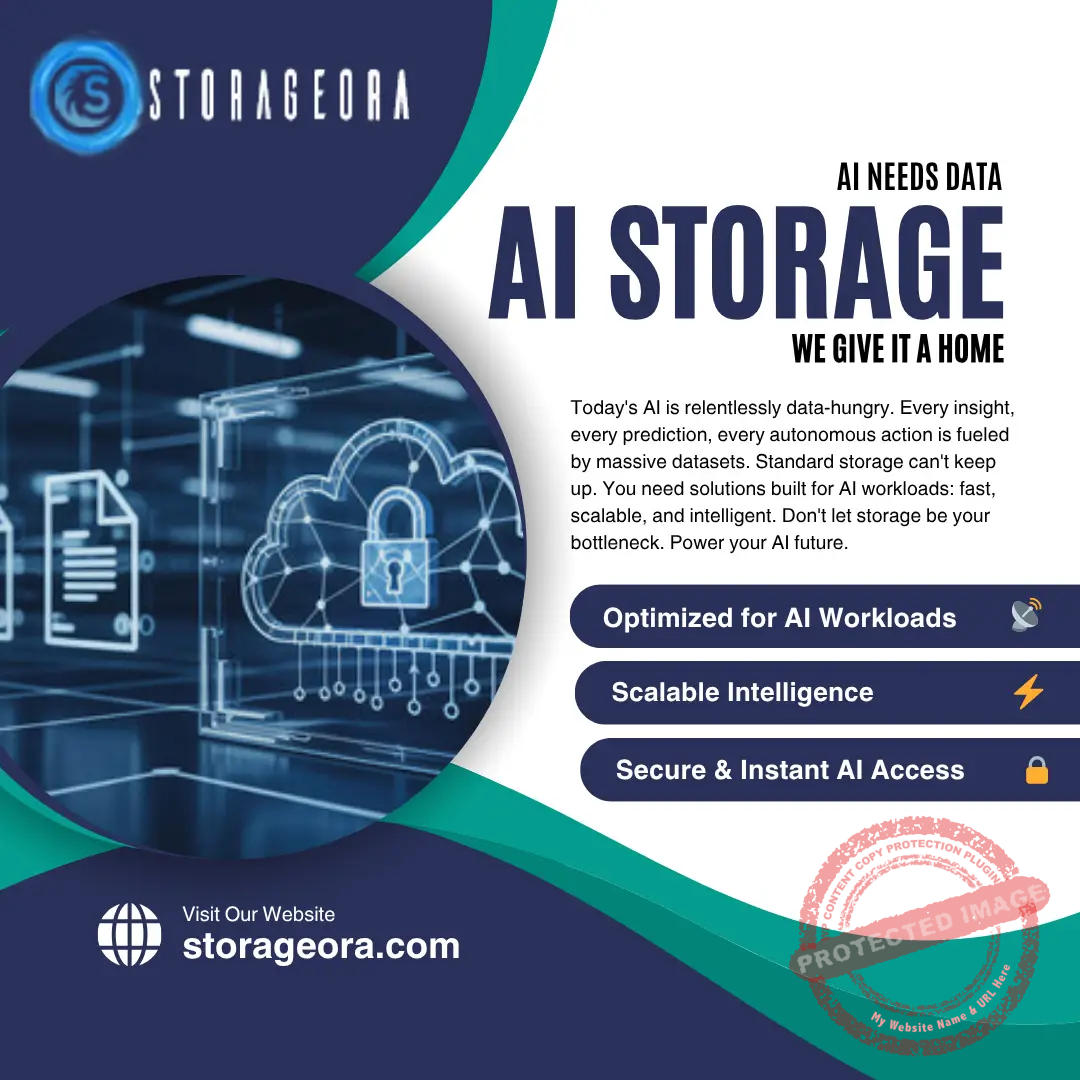Remember those clunky smartphones from a decade ago? Feels like ancient history, right? That’s because technology is constantly evolving at an electrifying pace. And the future of technology is about to take another monumental leap forward, with artificial intelligence (AI) leading the charge. No, we’re not talking about robots rising up to take over the world (at least not yet!). Instead, picture AI subtly intertwining itself into our daily lives, streamlining tasks, and making our existence smoother, faster, and incredibly efficient.
Imagine waking up to the aroma of freshly brewed coffee, prepared exactly to your liking by your AI assistant, which has analyzed your sleep patterns and daily schedule. Your commute is a breeze, thanks to AI-powered traffic optimization that predicts and avoids congestion with uncanny accuracy. At work, AI becomes your tireless partner, helping you analyze complex data sets, automate those mundane, repetitive tasks, and even brainstorm innovative ideas.
This is the reality of AI computing in 2025 – a future brimming with possibilities. But what exactly is driving this technological revolution? Let’s delve into the core components:
1. Brains on a Chip: The Rise of Specialized Hardware
AI has transcended its software origins. We’re now in the era of specialized hardware, such as AI chips and neuromorphic processors, meticulously designed to mimic the intricate workings of the human brain. These chips possess the remarkable ability to handle the colossal amounts of data and mind-bogglingly complex calculations that AI demands, making AI applications faster and more powerful than ever before. Think of it as giving your computer a turbo boost, specifically engineered to accelerate AI capabilities.
2. Living on the Edge: Edge Computing Takes Center Stage
Remember the days of agonizingly waiting for data to travel to a distant server and back? Yeah, that’s so 2020. Now, with edge computing, AI processing happens right where the data is generated – on your phone, in your car, or even in tiny sensors embedded in everyday objects. This means lightning-fast response times, better privacy, and greater reliability. No more waiting for the dreaded “spinning wheel of death”!
3. Quantum Leap: Quantum Computing as a Service (QCaaS)
 Okay, now things get really interesting. Quantum computers, which harness the mind-bending principles of quantum mechanics, are becoming accessible to businesses and researchers through the cloud. QCaaS providers offer access to these powerful machines, allowing users to tackle problems that were previously impossible for classical computers.
Okay, now things get really interesting. Quantum computers, which harness the mind-bending principles of quantum mechanics, are becoming accessible to businesses and researchers through the cloud. QCaaS providers offer access to these powerful machines, allowing users to tackle problems that were previously impossible for classical computers.
In 2025, Quantum Computing as a Service (QCaaS) will democratize access to quantum computers, revolutionizing industries like:
- Materials Science: Discovering novel materials with unprecedented properties.
- Financial Modeling: Developing sophisticated financial models for risk management and investment strategies.
- Logistics: Optimizing complex supply chains and delivery routes for enhanced efficiency.
- Artificial Intelligence: Accelerating AI research and development through quantum machine learning.
Think about it:
- Developing life-saving drugs: Quantum computers can simulate molecular interactions at an incredible level of detail, leading to breakthroughs in drug discovery.
- Creating revolutionary materials: Imagine materials with properties we can only dream of today, all thanks to quantum simulations.
- Solving complex optimization problems: From logistics and finance to traffic flow and urban planning, quantum computing can find optimal solutions to incredibly complex challenges.
The Road Ahead: Navigating the Challenges
Of course, with any new technology, there are challenges to address. We need to be mindful of AI bias, ensure data privacy, and develop ethical guidelines for AI development and deployment. But the potential benefits are enormous, and by working together, we can ensure that AI is used for good.
A Future Shaped by AI and Quantum Computing
In 2025, AI and quantum computing will no longer be futuristic concepts. They’ll be tools that are transforming our world, driving innovation, and creating new possibilities. From personalized medicine to sustainable energy solutions, these technologies are shaping a future where technology serves humanity in unprecedented ways.
Let’s build that future together. It’s going to be an exciting ride!
The Impact of AI and Quantum Computing on Various Industries
The transformative power of AI and quantum computing is poised to revolutionize numerous industries in 2025 and beyond. Let’s explore some of the key sectors that will be significantly impacted:
1. Healthcare
- Drug Discovery and Development: Quantum computing’s ability to simulate molecular interactions will accelerate the discovery and development of new drugs and therapies.
- Personalized Medicine: AI algorithms will analyze patient data to tailor treatments and predict disease risks with greater accuracy.
- Medical Imaging: AI-powered image analysis will assist doctors in diagnosing diseases earlier and more effectively.
2. Finance
- Risk Management: Quantum and AI algorithms will assess and manage financial risks with greater precision.
- Fraud Detection: AI will identify fraudulent transactions and patterns, protecting businesses and consumers from financial losses.
- Algorithmic Trading: AI-powered trading systems will analyze market data and execute trades at lightning speed.
3. Manufacturing
- Predictive Maintenance: AI will predict equipment failures, minimizing downtime and optimizing maintenance schedules.
- Quality Control: AI-powered vision systems will inspect products for defects with greater accuracy and efficiency.
- Supply Chain Optimization: AI will optimize supply chain operations, reducing costs and improving delivery times.
4. Transportation
- Autonomous Vehicles: AI will powe
 r self-driving cars and trucks, improving safety and efficiency on roads.
r self-driving cars and trucks, improving safety and efficiency on roads. - Traffic Optimization: AI will analyze traffic patterns and optimize traffic flow, reducing congestion and travel times.
- Drone Delivery: AI-powered drones will deliver goods and services, opening up new possibilities for logistics.
5. Energy
- Smart Grid Management: AI will optimize energy distribution and consumption, improving grid stability and efficiency.
- Renewable Energy: AI will optimize the operation of renewable energy sources, such as solar and wind power.
- Energy Storage: AI will manage energy storage systems, ensuring a reliable and sustainable energy supply.
The Ethical Considerations of AI and Quantum Computing
As AI and quantum computing become increasingly integrated into our lives, it’s essential to address the ethical considerations that arise alongside these powerful technologies.
- Bias and Fairness: AI algorithms must be designed to avoid bias and ensure fairness in decision-making processes.
- Privacy and Security: Data privacy and security must be prioritized to protect sensitive information from unauthorized access and misuse.
- Job Displacement: The automation potential of AI may lead to job displacement, requiring strategies for workforce retraining and adaptation.
- Autonomous Weapons: The development of autonomous weapons powered by AI raises ethical concerns about accountability and the potential for unintended consequences.
The Future of Work in the Age of AI
AI and automation will undoubtedly reshape the future of work, but rather than fearing job displacement, we should embrace the opportunities that these technologies present.
- New Job Creation: AI will create new jobs in areas such as AI development, data science, and AI ethics.
- Human-AI Collaboration: AI will augment human capabilities, allowing workers to focus on tasks that require creativity, critical thinking, and emotional intelligence.
- Upskilling and Reskilling: Investing in upskilling and reskilling programs will equip workers with the skills needed to thrive in an AI-powered workplace.
The Role of Education and Training
Preparing for the future of AI and quantum computing requires a concerted effort in education and training.
- STEM Education: Encouraging STEM education will provide the foundation for future generations to develop and utilize these technologies.
- AI Literacy: Promoting AI literacy will enable individuals to understand and interact with AI systems effectively.
- Lifelong Learning: Embracing lifelong learning will be crucial for adapting to the evolving demands of an AI-powered world.
Forward Looking
The future of AI computing and quantum computing as a service in 2025 is bright, filled with transformative potential and exciting possibilities. By addressing the ethical considerations and investing in education and training, we can harness these technologies for the betterment of humanity. As we stand on the cusp of this technological revolution, let us embrace the opportunities and navigate the challenges with wisdom and foresight, ensuring that AI and quantum computing serve as tools for progress, innovation, and a more sustainable and equitable future for all.
Peter Jonathan Wilcheck MBA,
Co-Editor – Tech Online News
Serge Archambault
Co-Editor – Quantum Computing and AI
Post Disclaimer
The information provided in our posts or blogs are for educational and informative purposes only. We do not guarantee the accuracy, completeness or suitability of the information. We do not provide financial or investment advice. Readers should always seek professional advice before making any financial or investment decisions based on the information provided in our content. We will not be held responsible for any losses, damages or consequences that may arise from relying on the information provided in our content.





 AMD
AMD TMC
TMC IE
IE MSI
MSI NOK
NOK DELL
DELL ECDH26.CME
ECDH26.CME